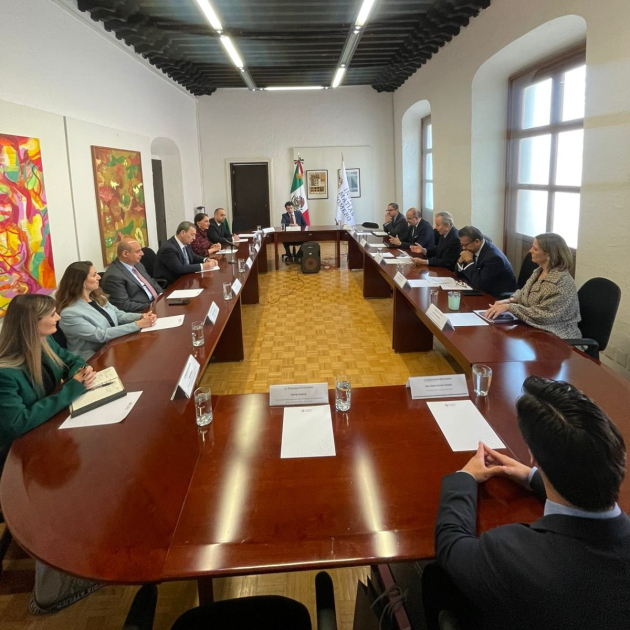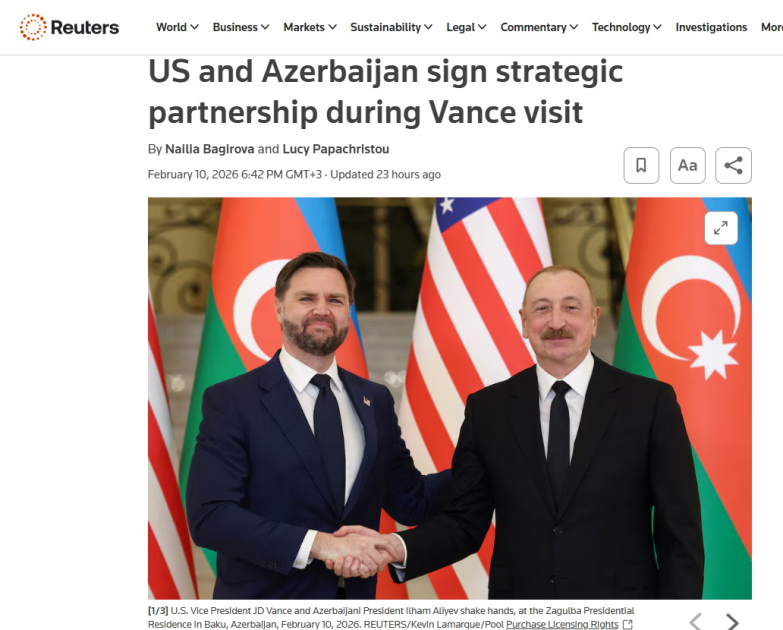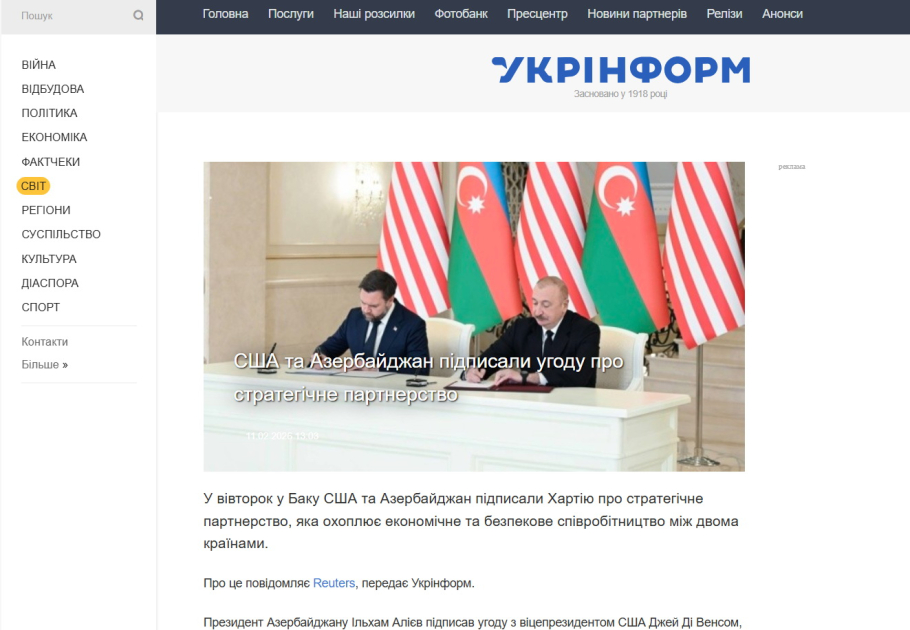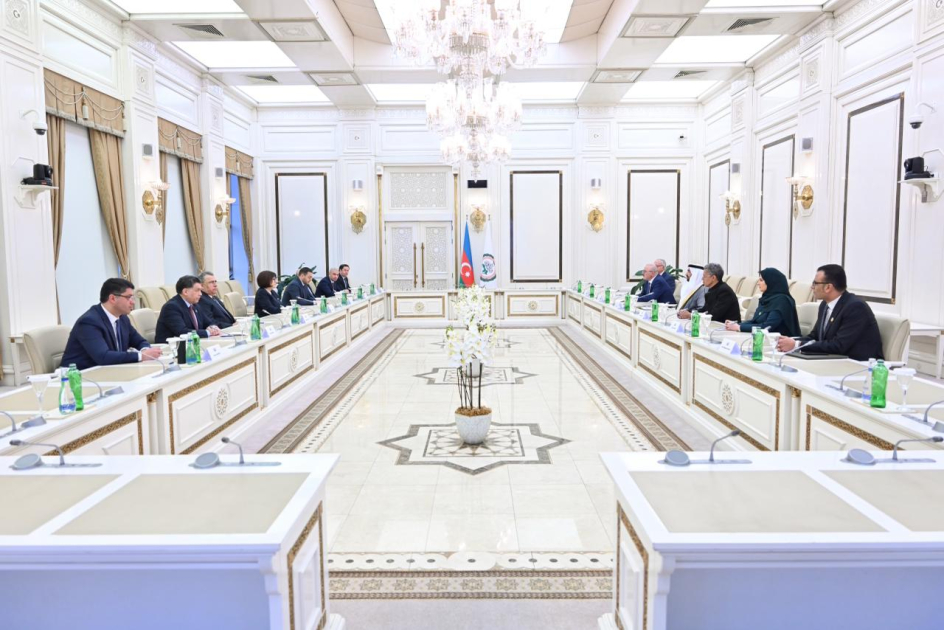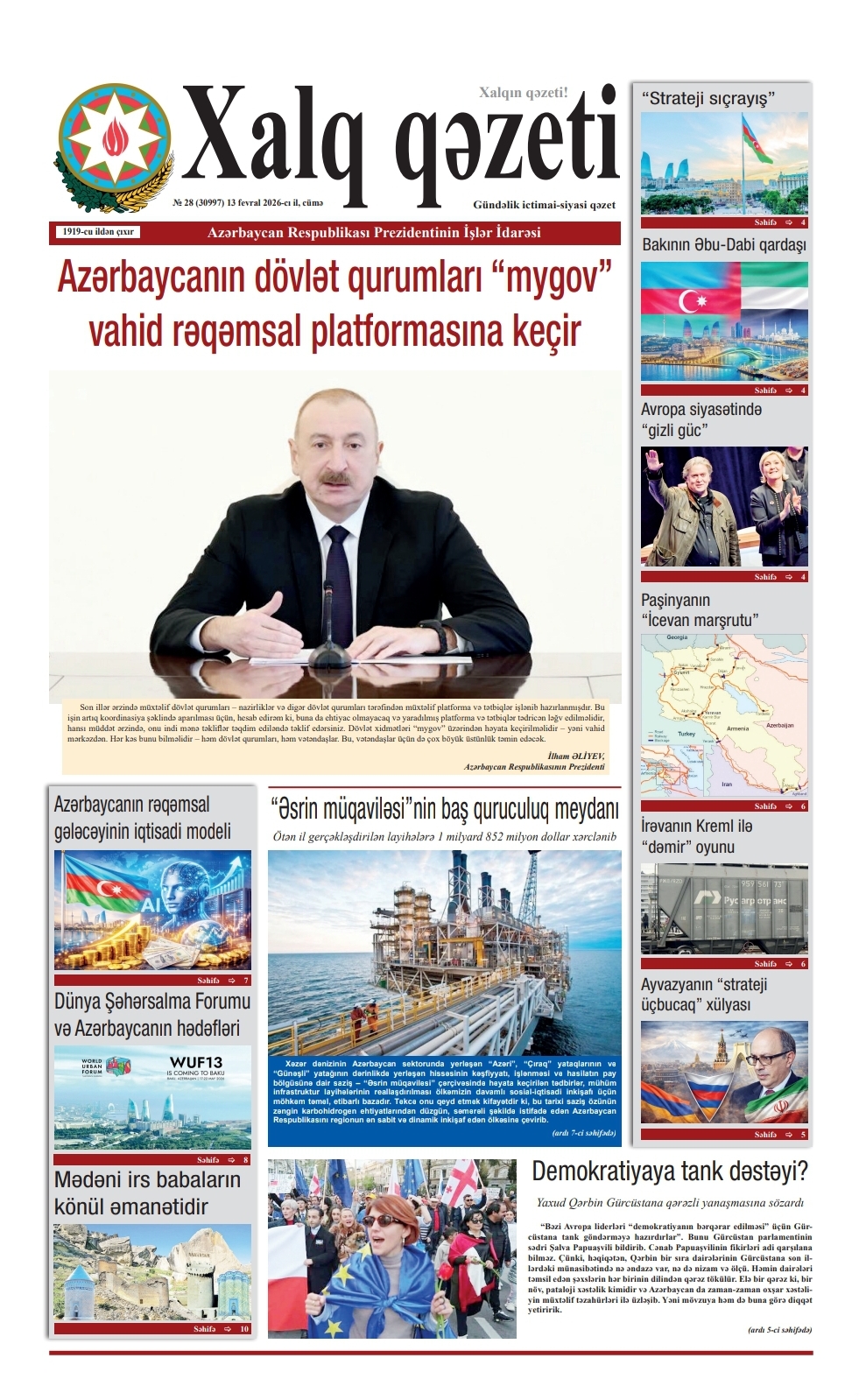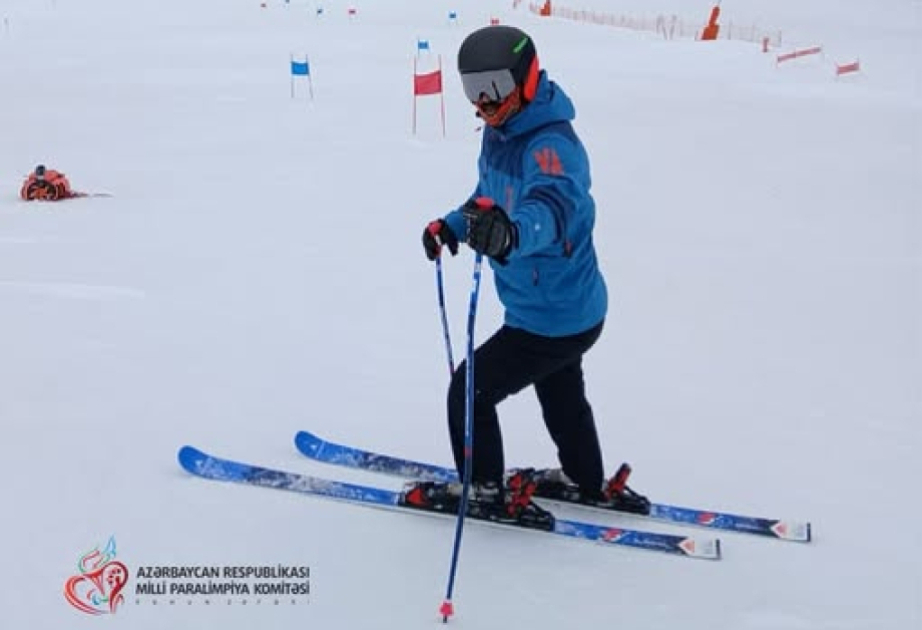EU Today: Azerbaijan - magnanimous in victory
The European authoritative “EU Today” magazine has published an article by editor, well-known political commentator and publicist Gary Cartwright headlined “Azerbaijan: Parliamentarians confirmed security of Armenian residents of Karabakh.
The article reads: “In February 2020 I (Gary Cartwright, Publisher of EU Today) was part of a press team covering Azerbaijan’s parliamentary elections.
One of the polling stations our team, comprised of international editors and journalists, visited was located within a community of those people displaced after Armenia’s invasion of Karabakh. I was expecting to see something like a refugee camp, what I found however was something else altogether.
What we found was a settled and safe community with all the amenities one would expect of any town or city in Azerbaijan, or indeed, anywhere in western Europe.
I was able to talk with older members of the Azerbaijan community, including one gentleman, a former schoolteacher, who was present when on February 26th 1992, Armenian forces in Khojaly murdered 613 civilians, including 106 women and 63 children.
With tears in his eyes he asked me “what could I do to stop it? I was a teacher, I didn’t even have a rifle.”
Whilst younger members of the community, born in Azerbaijan, have fully integrated into the wider society, helped by preferential educational programmes, the older members were united in one aim: to return to their homes, their lives, all stolen during the illegal annexation by Armenian forces, backed by Russian troops and tanks.
In my heart I felt that they were unlikely to ever return home. But now they are returning.
Azerbaijan: magnanimous in victory.
A group of Azerbaijani parliamentarians recently visited Brussels, taking time to meet with journalists, to discuss how his country sees future relations with Armenia.
Tural Ganjaliyev, who chairs the EU-Azerbaijan Parliamentary Cooperation Committee, explained that despite the events of the past those Armenians who had settled in Karabakh were welcome to stay.
He explained that those who fled when Azerbaijani troops reclaimed the territory would be welcomed back, pre-empting a ruling by the International Court of Justice (ICJ) on the matter given on Friday (Nov. 16th).
He also pointed out that whilst Azerbaijan encouraged Armenians to stay, the Armenian military called on them to leave.
The Azerbaijani government has launched a website for Armenians who had left Karabakh to register to return, Mr. Ganjaliyev explained, however Armenia has blocked access to it.
“We hope the Armenians will come back”, he told journalists.
“We also ask the Armenian authorities to establish a way for the 300,000 Azerbaijanis who were expelled in the 1980s to come back, it should be a two-way street. We will invite or allow UN missions, at least according to my view, to come frequently to visit this region to assess the facts on the ground”.
Economic implications.
Vugar Bayramov – who sits on Azerbaijan’s Parliamentary Committee for Economic Policy, Industries and Enterprise – pointed out that an end to the frozen conflict that has destabilised the region for decades could have a massively positive impact not only on the economies of Azerbaijan and Armenia but also Georgia because the three countries of the South Caucasus could form a strong single market.
Azerbaijan, Georgia and potentially Armenia form part of the Middle Corridor trade route, which links Asia and Europe via the Caspian Sea, the South Caucasus and Türkiye.
Bayramov spoke of how an east-west transport route would benefit Armenia, both in terms of its own logistics and by helping to build a sustainable peace.
“If there is communication between Azerbaijan and Armenia, then of course, it will ensure a lasting and sustainable peace for the region” he said.
That will need time, he acknowledged, but the normalisation process could be fast. He envisaged a future where Azerbaijan invested in Armenia, much as it currently does in Georgia and Türkiye.”




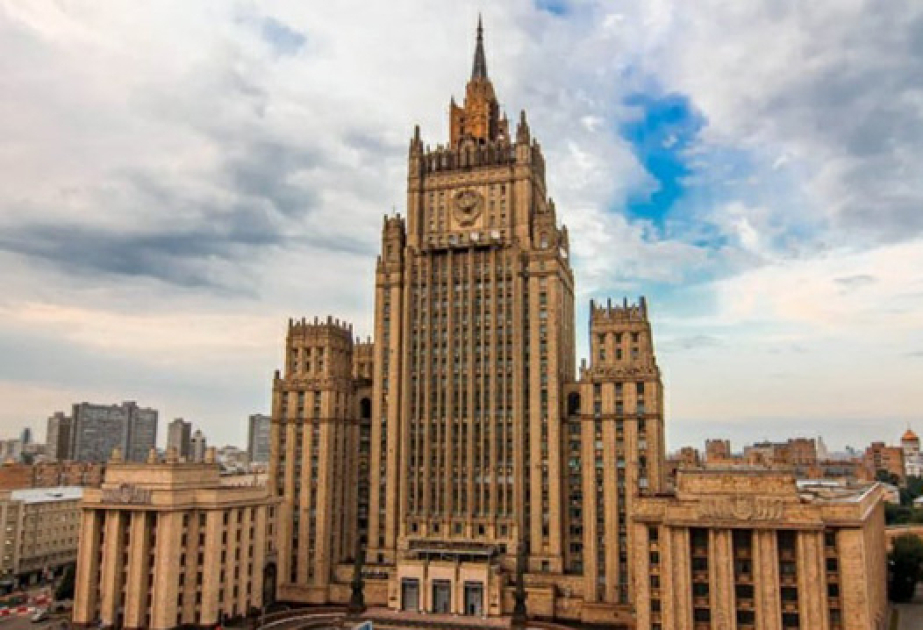
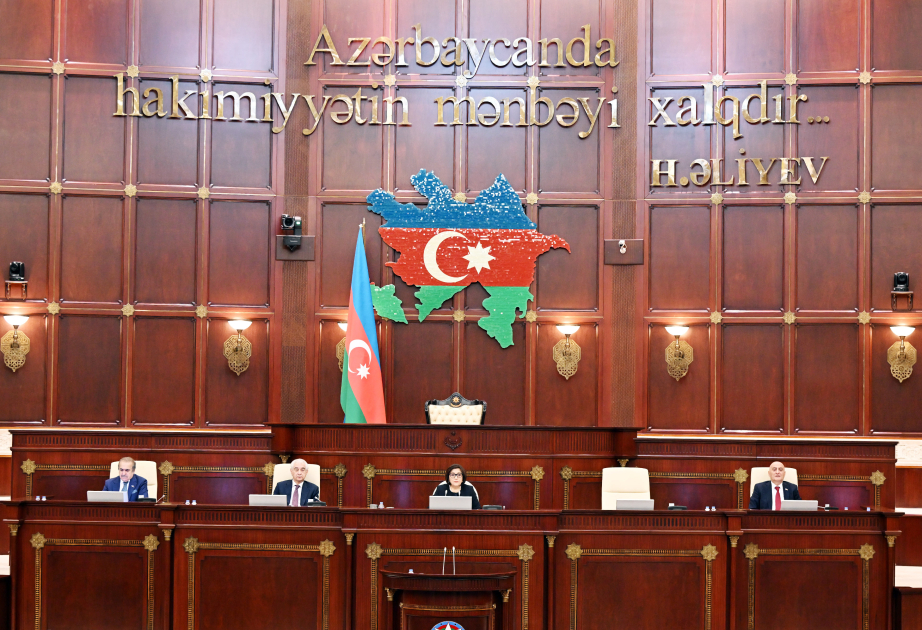
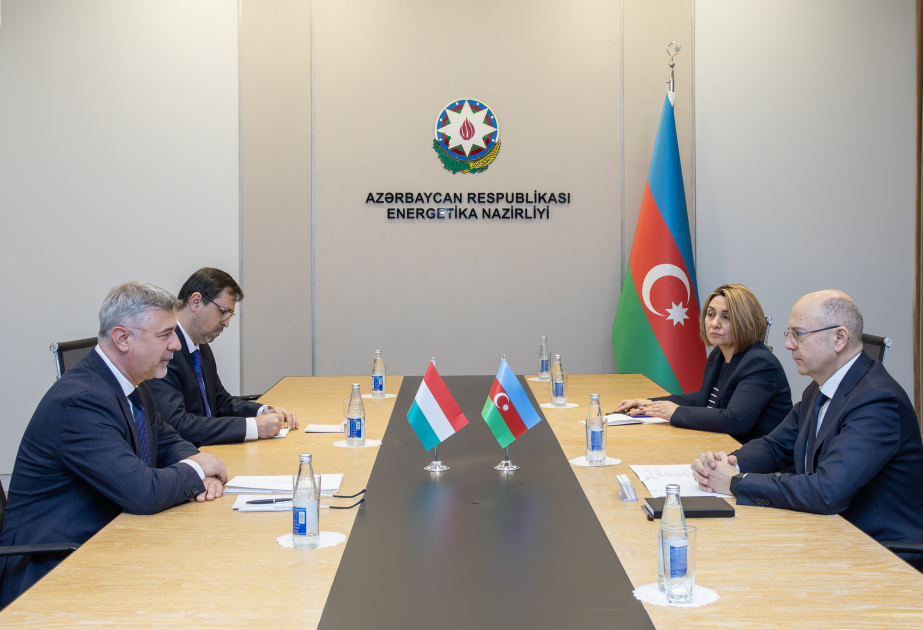
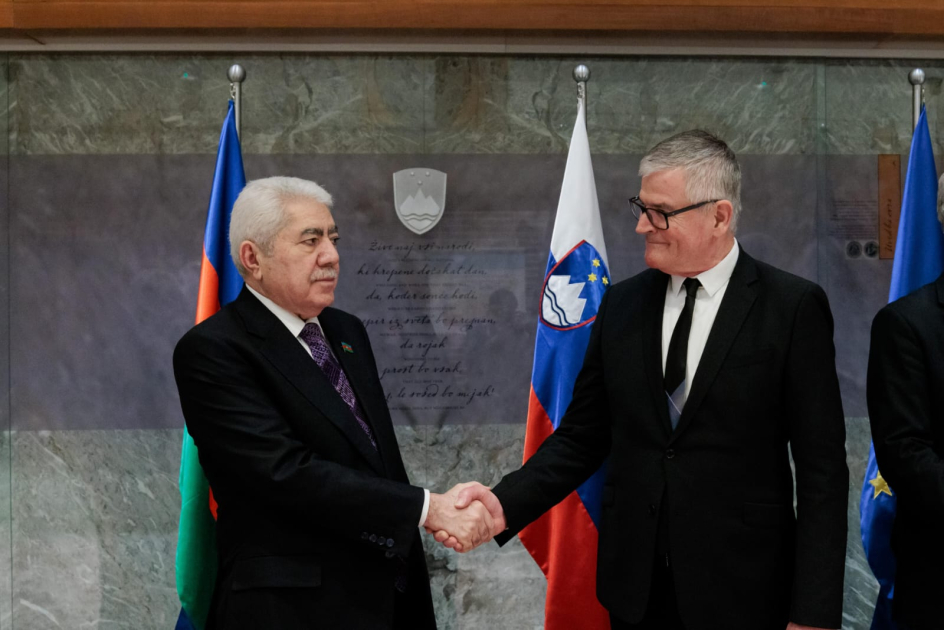
.png)
